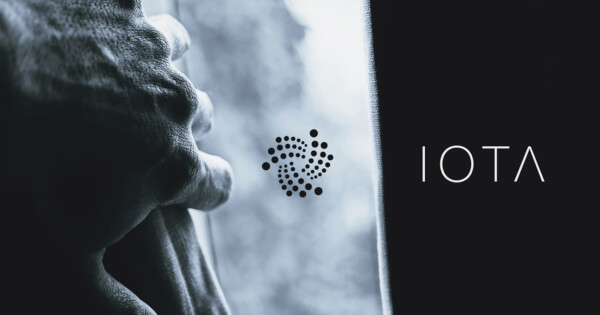Zach Anderson
Aug 06, 2024 16:47
Taiko’s Rollup Coaster #28 delves into Ethereum advancements, covering rollups, zero-knowledge proofs, TEEs, MEV/PBS, and more.
Taiko’s bi-weekly newsletter, The Rollup Coaster, continues to provide in-depth insights into the evolving landscape of Ethereum. The latest edition, authored by Taiko’s researcher Jünger, covers a range of topics, including rollups, zero-knowledge proofs (ZKPs), based sequencing/preconfirmations, Trusted Execution Environments (TEEs), and Miner Extractable Value (MEV)/Proposer-Builder Separation (PBS).
Highlights
The newsletter highlights the completion of the preconfirmation demo day, showcasing Layer 2 (L2) preconfirmers that can provide preconfirmation to rollup users at an impressive speed of 20ms, outpacing centralized sequencers.
ZK and Rollup Research
- Ingonyama and Starknet announced a strategic partnership aimed at accelerating the Stwo prover utilizing Ingonyama’s GPU-accelerator library ICICLE.
- Aztec unveiled Provernet, inviting ZK providers to join a permissioned testnet for proof generation.
- Alberto from Anoma shared two articles: SuperSPARTAN by Hand and HyperNova by Hand, delving into advanced ZK protocols.
- Paul Gafni published the first in a series of blog posts on verifiable computation, explaining its basics and importance.
- Lita released a video outlining the architectural details of the Valida zkVM.
- LambdaClass shared a blog post on Circle STARKs.
- Starknet Exploration Team announced zkRamp, a P2P on/off-ramp protocol.
- Mo from Brevis compared generalized and specialized ZK.
- Starkware released their first Bitcoin research post, discussing the path to general computation on Bitcoin.
- Four Pillar Research published “zkRollup Landscape – It’s Supply Chain and Future.”
- Kroma integrated Ingonyama’s ICICLE for accelerated proof generation.
Based Sequencing and Preconfirmations
- Taiko published a detailed blog post on the necessity of preconfirmations for based rollups.
- Primev shared testnet results of mev-commit, implementing preconfirmations.
- Mempirate from Chainbound published a blog post on the interaction of MCP with FOCIL and preconfirmations.
TEE (Trusted Execution Environments)
Though not detailed in this edition, TEEs remain a critical area of interest for secure, confidential computation within the blockchain ecosystem.
MEV/PBS
- Max Resnick proposed Braid, an implementation of multiple concurrent block proposers, running many instances of Ethereum consensus in parallel.
- The Robust Incentive Group from the Ethereum Foundation published block construction session notes, discussing current block building methods and future roadmaps.
- Terence from Offchain Labs shared research on Inclusion List Timing Constraints and ePBS Breakout #5 notes.
According to taiko.mirror.xyz, the newsletter is a valuable resource for those interested in the technical and strategic developments within the Ethereum ecosystem.
Image source: Shutterstock
Credit: Source link













